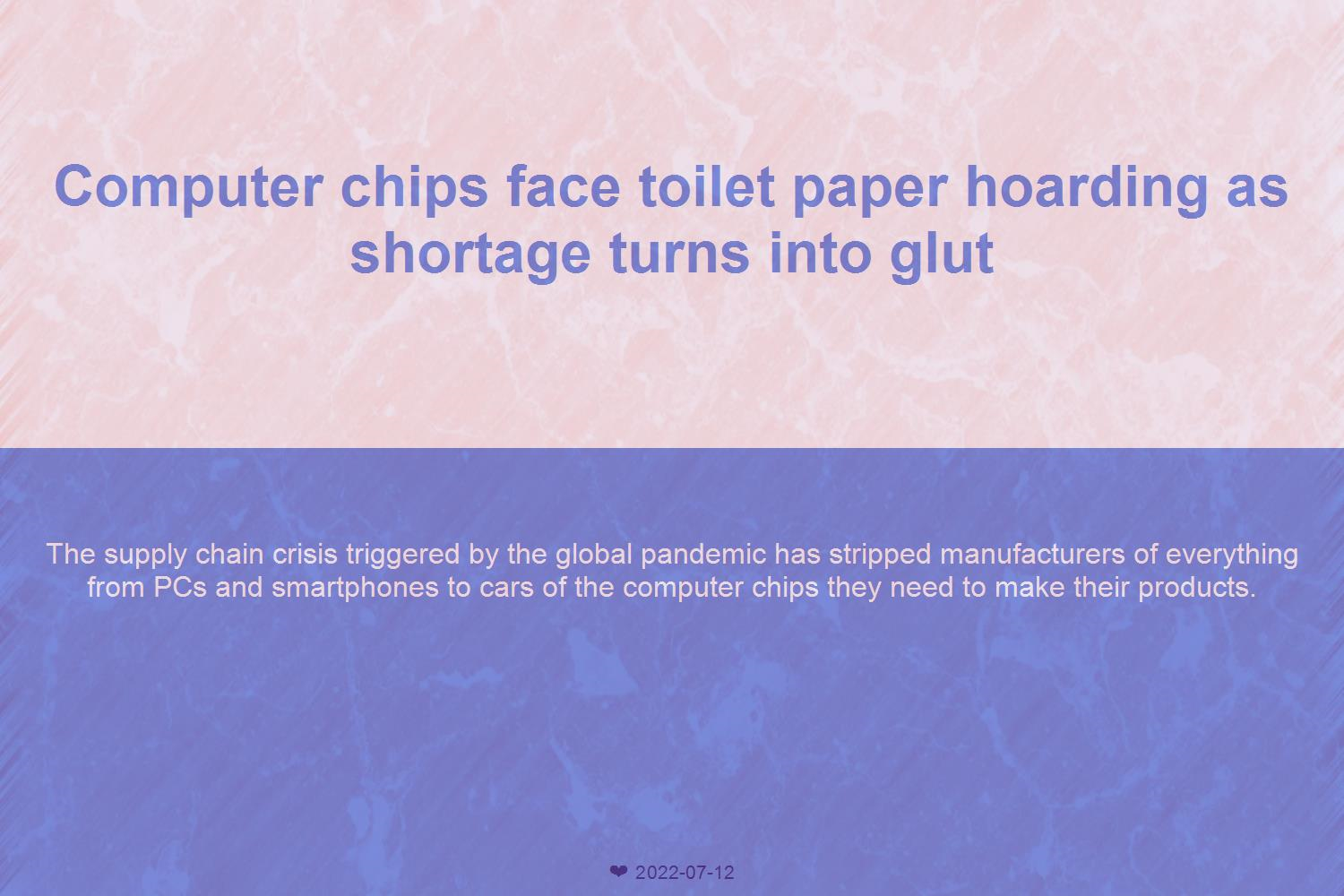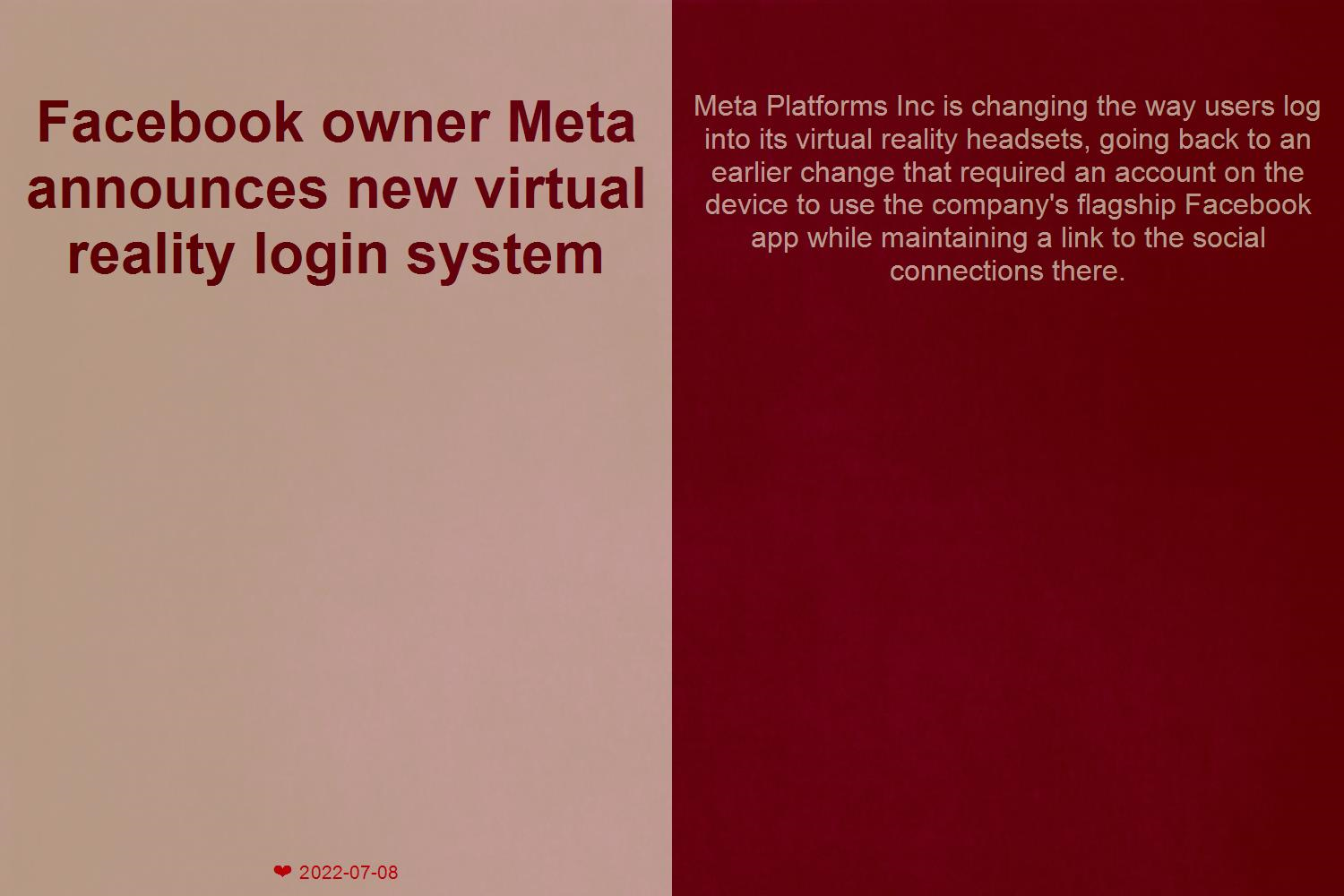For EV battery makers, it means: go small or go home
Jean de La Verpilliere, CEO of Echion Technologies, holds up a commercial-scale prototype battery made from niobium anodes at the battery startup's headquarters in Cambridge, England, on June 13, 2022. REUTERS/Nick Carey..
CAMBRIDGE, United Kingdom, July 11 - In the race for electric vehicles, automakers are focusing on range to ease consumer concerns about charging infrastructure, but battery makers are already working on developing smaller, more Durable, cheaper future batteries that also load faster..
As today's automakers chase market leader Tesla Inc (TSLA.O) and try to build cars that can travel 300 miles (482 kilometers) or more between charges, battery startups expect range to increase becomes less important because chargers for public electric vehicles (EVs) are becoming ubiquitous. Startups are experimenting with materials such as silicon carbon, tungsten and niobium, in search of small batteries that can charge extremely quickly.
The battery is the most expensive part of an EV, so true fast charging combined with widely available chargers - a lack of charging infrastructure is now seen as a barrier to wider EV adoption - will allow automakers to Build cars with smaller batteries at a more affordable price and still increase profits by selling more vehicles to a wider audience.
"Early adopters in the high-end market want larger battery packs and longer range because they can afford it," said Sai Shivareddy, general manager of Nyobolt, a company that develops oxide batteries for batteries that can be charged in minutes A start-up company for niobium anode materials. "For more cost-sensitive mainstream adoption, you need a smaller battery pack...but with the same experience as today (with a fossil fuel car), you can get a full charge in 5 minutes."
China dominates global production of electric vehicle batteries, and companies like CATL (300750.SZ) are developing batteries that can go further on a single charge.
Chinese automakers have launched small, low-cost electric vehicles such as the Wuling Hongguang Mini, which still sell for around $6,500 despite the recent surge in battery prices. The car is a joint venture between SAIC (600104.SS), General Motors (GM.N) and Wuling Motors (0305.HK).
Western startups such as Cambridge-based Nyobolt and Echion Technologies or Woodinville, Wash.-based Group14 Technologies are working on electrode materials to bring ultra-fast-charging batteries to market.
Investments in electric vehicle battery technology jumped more than sixfold from $1.5 billion in 2020 to $9.4 billion in 2021 as automakers focus on the future, according to start-up data platform PitchBook.
"We're in the larval stage of battery development," said Lincoln Merihuw, vice president of data analytics firm Pulse Labs.
(Click here to open in a new tab: https://tmsnrt.rs/3NOMxqS).
As demand for electric vehicles increases while using less cobalt and nickel, China dominates refining and processing, a reduction that could also ease a looming shortage of battery materials.
Another benefit is that automakers can claim sustainability by using fewer harmful materials in electric vehicles and emitting less carbon dioxide in the manufacturing process.
"Redesigning vehicles to minimize the size of the battery because it's so expensive is a game changer," Jim Farley, Ford Motor Co.'s (F.N.) chief executive, said at a conference in June. He added that the U.S. automaker wants to use "the smallest possible battery to achieve competitive range" in its next-generation electric vehicles from 2026.
Others are squeezing more efficiency from existing batteries, such as Mercedes-Benz (MBGn.DE) already using its 1,000km range EQXX prototype.
Cheaper electric cars.
Fast charging today is limited by the ability of EV batteries to draw current quickly. Fast charging can shorten battery life or cause it to overheat, so most EVs limit charging speeds to protect them.
At the Nyobolt headquarters, CEO Shivareddy charged four batteries in about three minutes before attaching them to a robotic vacuum cleaner, busy cleaning the floor behind him as he spoke.
Niobium is a stable metal often used to strengthen steel - the world's largest deposits are in Brazil and Canada. Niobium is used in anodes or cathodes, and startups such as Nyobolt and Echion say it can charge super fast while outlasting current batteries for many years.
Nyobolt focuses on high-performance racing electric vehicles, which Shivareddy said will require years of validation before automakers are ready to use its batteries in mass-market models.
Echion's niobium anodes, located a few kilometers from Nyobolt, were initially used in commercial electric vehicles, such as mining vehicles, that required continuous operation and fast charging.
CEO Jean de La Verpilliere said Echion aims to have batteries ready for personal electric vehicles by 2025.
"Smaller batteries mean cheaper prices, so more people can afford electric vehicles," he said.
Brazilian miner CBMM dominates niobium production and has invested in Echion and other start-ups, and is testing niobium with other companies, including battery materials company Nano One (NANO.TO), Toshiba (6502.T) and Volkswagen Brazil subsidiary Volkswagen Caminhoes e Onibus ( VOWG_p.DE) Truck Unit Traton (8TRA.DE)..
Rogerio Marques Ribas, head of the battery project at CBMM, said that while niobium can have an energy density that is 20 percent lower than some modern batteries, "with a charge in a few minutes, we could potentially gain three to ten times the lifespan and greater safety."
"Commodities will be the bottleneck for batteries," Ribas added. "In the near future people will ask why a large battery pack?".
"The market determines the category".
Niobium isn't the only material the startup is exploring.Silicon-carbon anode materials from Group14 Technologies can increase the energy of lithium-ion batteries by 50%. The company raised $400 million from investors in May.
Testing Group14's material, Mercedes-backed battery maker StoreDot charged the battery to 80 percent of its capacity in 10 minutes. Group14 CEO Rick Luebbe said its anode material could enable fast charging of electric vehicles in five minutes.
"If I can charge the battery in 5 to 10 minutes...it doesn't matter what the range is, whether it's 240 kilometers or 300 kilometers," Lübbe said.
Michigan-based startup Our Next Energy (ONE) has developed its Gemini "dual chemistry" battery using a standard lithium iron phosphate (LFP) traction battery and a second "range extender" battery using a more advanced and More expensive chemical low, mid and high range options..
"Ultimately, the market determines the right range," said CEO Mujeeb Ijaz.
According to industry data, the average American car drives less than 30 miles a day. In Europe, the average is less than half.
Isobel Sheldon, chief strategy officer at British battery company Britishvolt (IPO-BRI.L), said that if EV owners realize they are paying more than they need, there will be less demand for range.
"As the market matures, people will start asking me why I'm spending thousands of dollars on batteries that I'll never use," she said. "Most cars are for shopping, meeting friends or taking the kids to school, not Monaco."
💌 Resources and references: reuters.com 🔊 EV battery manufacturers go small or go home.




Comments
Post a Comment